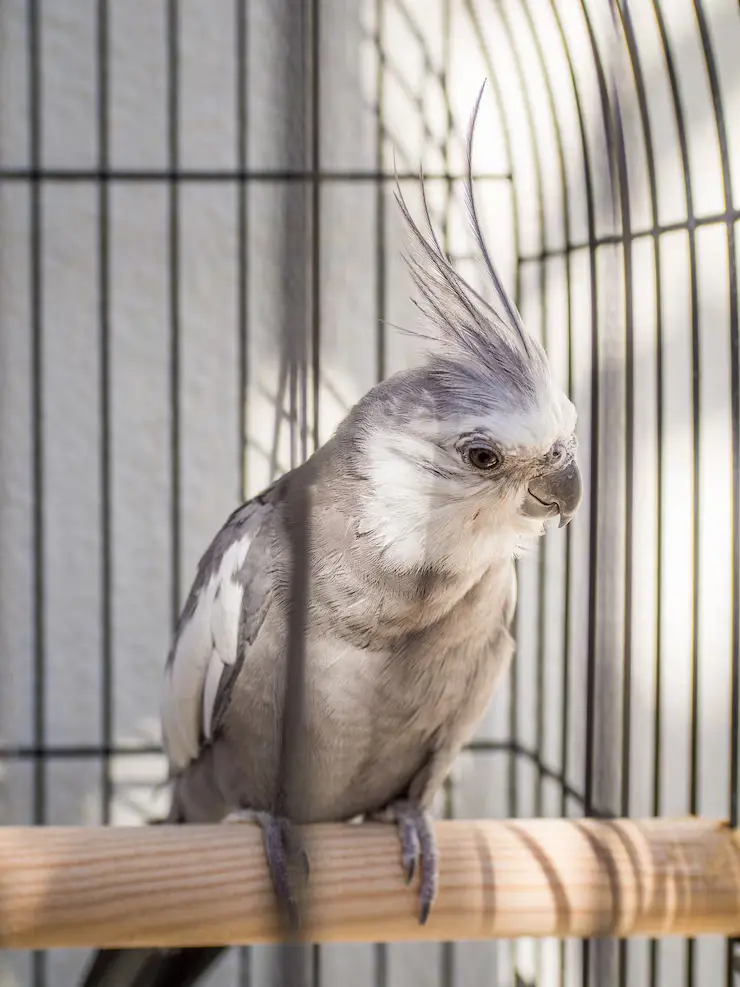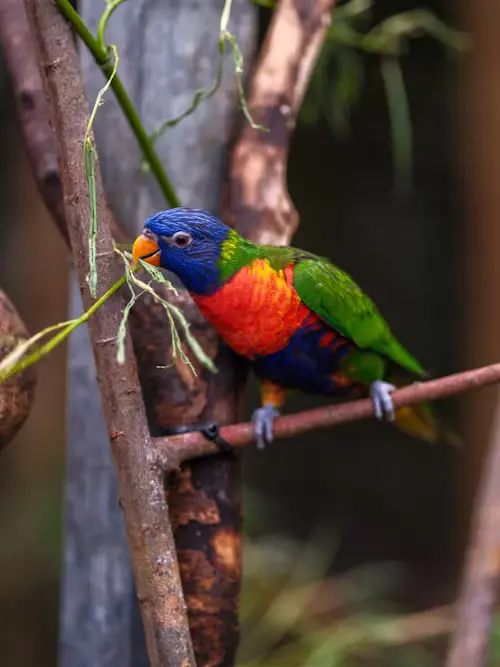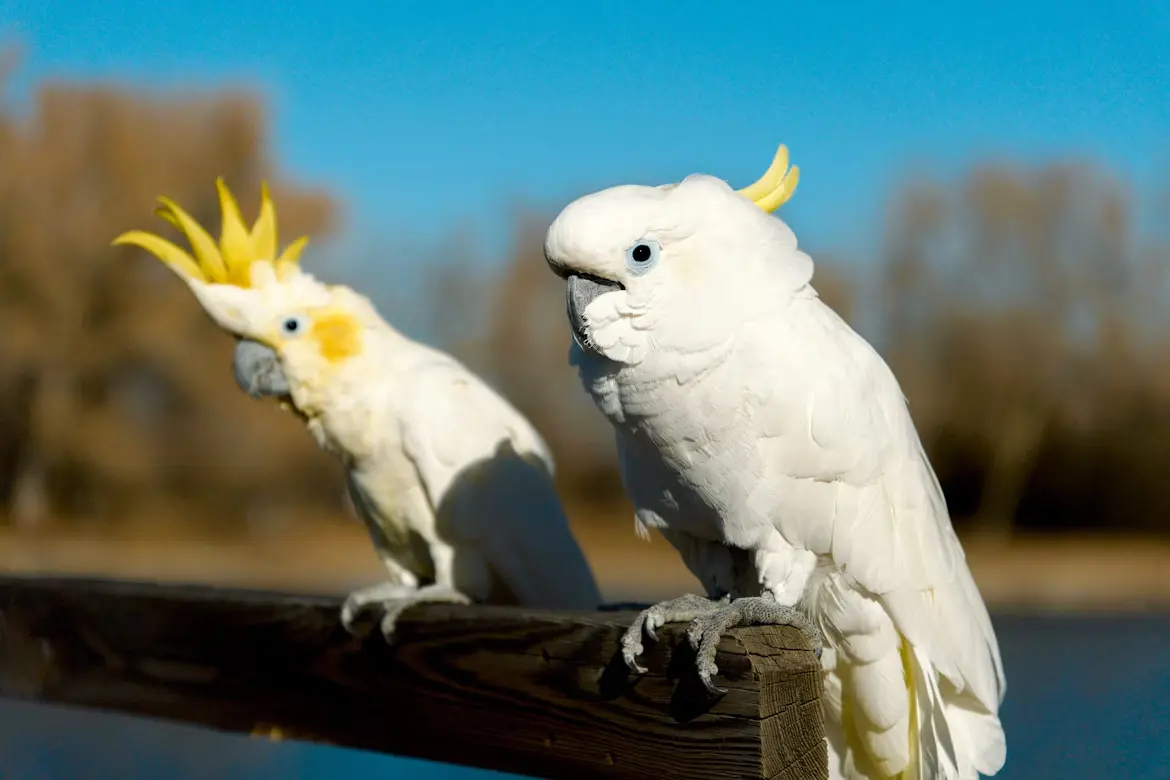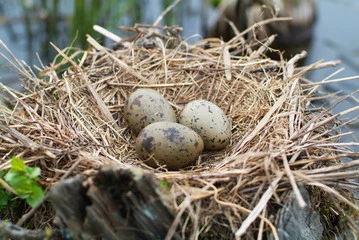Quaker Parrot Lifespan: Proven Secrets for a Joyful Life

Bringing a feathered friend into your life is a joyous occasion, and if you’ve chosen a Quaker Parrot, you’re in for years of companionship! But what can you realistically expect in terms of a Quaker Parrot lifespan? It’s a big question, and one that deserves a thorough answer. More than just knowing how long these intelligent birds can live, understanding what influences their longevity and how to provide the best care is vital for a fulfilling relationship for both of you. This guide will delve into everything you need to know about the Quaker parrot age, Quaker parrot life expectancy, and the crucial Quaker parrot care tips to maximize your bird’s time with you.
Table of Contents
Why the Quaker Parrot? A Bit About These Remarkable Birds
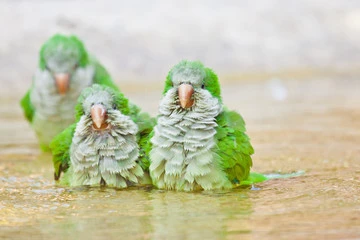
Before diving into the specifics of lifespan, it’s worth remembering why these birds are so popular. Quaker Parrots (also known as Monk Parakeets) are native to South America and are known for their playful, affectionate personalities. They’re highly intelligent, capable of learning to speak, and form strong bonds with their owners. Their relatively small size (around 10-12 inches) makes them suitable for many homes, adding to their appeal. However, their popularity also comes with a responsibility to understand their needs – particularly regarding long-term commitment.
Understanding the Average Quaker Parrot Lifespan
So, how long do Quaker parrots live? The good news is, they can live a surprisingly long time! The average Quaker Parrot lifespan typically falls between 20 and 30 years. However, this is just an average. Many Quakers can live even longer, with some reaching 35 years or more with exceptional care.
This longevity is a significant commitment. Are you prepared to provide decades of love, attention, and care? It’s a question to consider seriously before welcoming a Quaker into your family.
Factors Affecting Quaker Parrot Life Expectancy:
Several factors play a role in determining how long your Quaker Parrot will live. These include:
- Genetics: Just like humans, a bird’s genetic predisposition impacts its lifespan. Birds from reputable breeders are often healthier and have a lower risk of inherited diseases.
- Diet: A properly balanced diet is paramount (we’ll delve more into this under “Quaker Parrot Care Tips”).
- Environment: A stimulating and safe environment free from toxins and stress is crucial.
- Veterinary Care: Regular check-ups with an avian veterinarian can detect and address health issues early, significantly extending your bird’s life.
- Mental Stimulation: Quakers are incredibly intelligent and require regular mental enrichment to prevent boredom and behavioral problems, which can indirectly impact their health.
Quaker Parrot Age: From Hatchling to Senior Bird
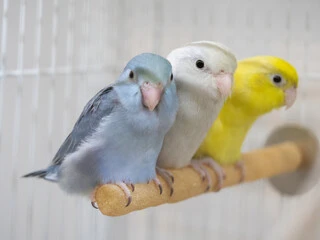
Understanding the different stages of a Quaker’s life is key to providing appropriate care. Here’s a general timeline:
- Hatchling (0-6 months): This is a very vulnerable stage. Hand-fed chicks require frequent feedings and meticulous hygiene. A strong start is vital for long-term health.
- Young Bird (6 months – 2 years): Rapid growth and development occur. This is a good time to start training and socialization. They’re typically very playful and curious.
- Adult Bird (2-10 years): Reached maturity and full size. Their personality is fully established. This is when behavioral issues might become apparent if not addressed during the younger stages.
- Mature Bird (10-20 years): Generally considered middle-aged for a Quaker. Routine veterinary checks become even more important to monitor for age related health concerns.
- Senior Bird (20+ years): Like any senior citizen, they may experience reduced activity levels and require some adjustments to their diet and environment. Patience and understanding are key.
It’s worth noting that individual birds may progress through these stages at different rates.
Quaker Parrot Care Tips: Maximizing Longevity
Providing optimal care is arguably the most important factor in extending your Quaker’s Quaker parrot life expectancy. Here’s a breakdown of essential care tips:
- Diet and Nutrition: This is non-negotiable. A seed-only diet is a recipe for disaster. A high-quality pellet-based diet should form the foundation of their food intake (around 60-70%). Supplement this with fresh fruits, vegetables (leafy greens are excellent), and occasional healthy treats.
- Spacious Cage: Your Quaker needs a spacious cage, allowing them to fully stretch their wings and move around comfortably. The bigger the better! Ensure the bar spacing is appropriate to prevent escape or injury.
- Enrichment and Toys: Quakers are intelligent and easily bored. Provide a variety of toys – foraging toys, shredding toys, puzzle toys – to keep them mentally stimulated. Rotate toys regularly to maintain their interest.
- Social Interaction: These birds are social. They thrive on interaction with their owners. Spend quality time talking, playing, and training with your Quaker daily.
- Grooming: Regular bathing (misting or allowing them to bathe in shallow water) is essential for healthy feathers. Nail trimming should be done by a vet or an experienced groomer.
- Veterinary Care: Annual check-ups with an avian veterinarian are crucial. Early detection of any health problems can significantly improve the outcome.
- Safe Environment: Quaker parrots are sensitive to toxins. Avoid Teflon-coated cookware, scented candles, air fresheners, and other household chemicals. Ensure the room is well-ventilated.
Common Health Concerns in Quaker Parrots
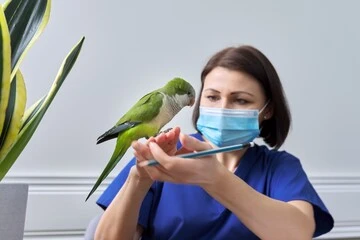
While generally hardy, Quaker parrots are predisposed to certain health issues that can impact their lifespan. Being aware of these can help you seek prompt veterinary attention:
- Feather Plucking: Often linked to stress, boredom, or underlying health issues.
- Psittacosis (Chlamydiosis): A bacterial infection that can affect both birds and humans.
- Proventricular Dilatation Disease (PDD): A serious viral disease affecting the digestive system.
- Arthritis: Common in older birds, leading to joint pain and reduced mobility.
- Tumors: Can occur in various organs and may require surgical intervention.
It is vital to address these health concerns swiftly upon noticing any symptoms, and regular vet checkups remain essential for catching issues early on.
What Does the Research Say? Exploring Quaker Lifespan Data
While anecdotal evidence suggests Quakers can live for decades, scientific research on their lifespan is relatively limited. One study, discussed on Reddit, highlights the variability in lifespan, with some birds living well into their 20s and beyond.
Final Thoughts: A Lifelong Commitment
A Quaker Parrot lifespan is a lengthy one, and bringing one into your home is a serious commitment. You’re not just getting a pet; you’re welcoming a feathered family member who will likely be with you for two, three, or even four decades.
By understanding their needs, providing proper care, and creating a loving and stimulating environment, you can give your Quaker Parrot the best possible chance at a long, happy, and fulfilling life. Don’t underestimate the importance of research, preparation, and a genuine willingness to dedicate the time and resources required to care for these intelligent and affectionate birds.
Considering adding a Quaker to your family? Explore our comprehensive guide to Bird Species to learn about responsible bird ownership and ensure you’re prepared for the journey!
Now, we’d love to hear from you! Do you have a Quaker Parrot? Share your experiences and tips in the comments below. Let’s create a community dedicated to helping these wonderful birds live their best lives! Don’t forget to share this article with any friends considering adding a Quaker to their family!

